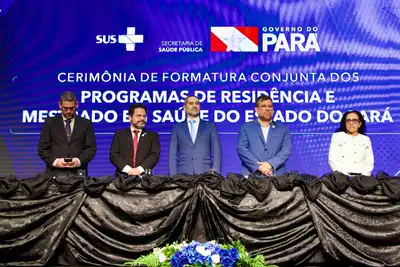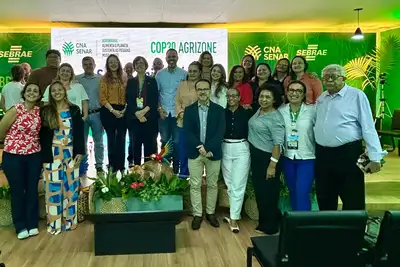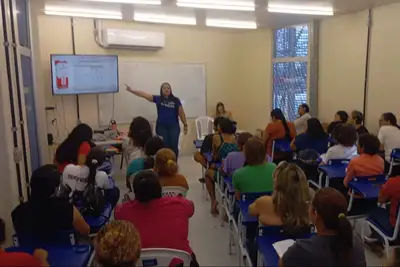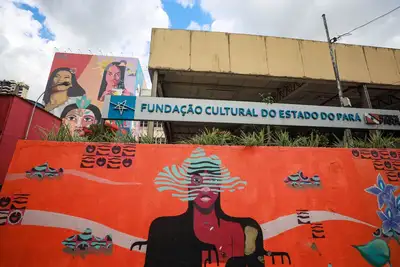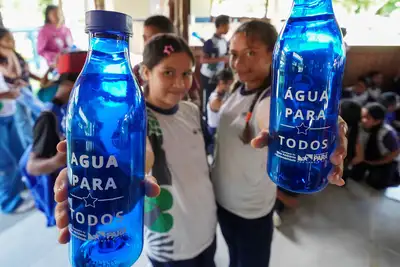Setur supports the creation of the Regional Governance Instance to boost tourism
Representatives from five municipalities receive an action plan for the formalization of the IGR; Setur and Sebrae announce technical and financial support for the initiative
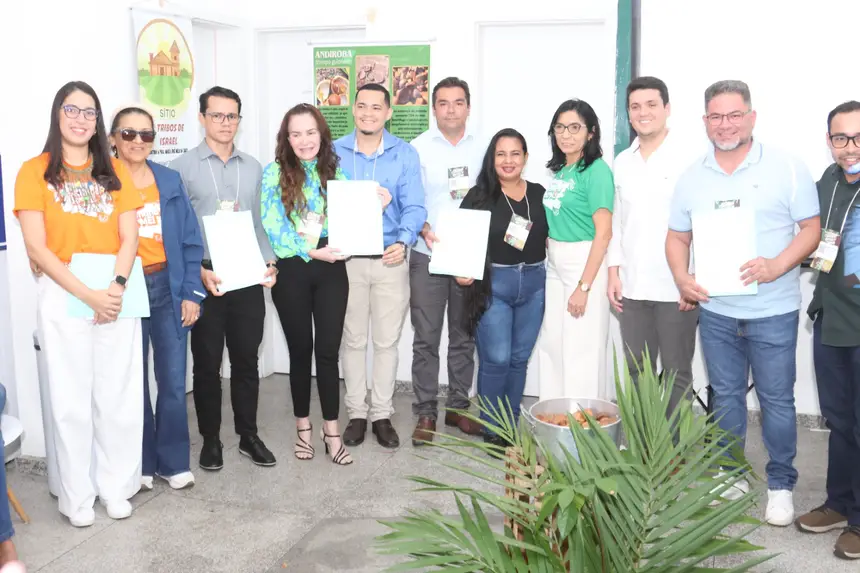
Representatives from the Municipal Tourism Councils of Belém, Ananindeua, Marituba, Benevides, and Santa Bárbara received this Friday (30) the action plan from the local councils, marking another step in the unprecedented construction of a Regional Governance Instance (IGR) for the Tourist Region of Belém. The symbolic ceremony was held at the Sebrae headquarters, bringing together state and municipal authorities, as well as representatives from the private sector.
The IGR will be a mixed organization, formed by public and private bodies, with the mission of articulating strategic actions for the tourism development of the region. The initiative follows the guidelines of the Tourism Regionalization Program (PRT) from the Ministry of Tourism.
The formation of the instance has the joint support of the State Secretariat of Tourism (Setur) and Sebrae, which act complementarily. Setur is responsible for mobilizing local actors, coordinating with municipal managers, providing technical guidance, and ensuring that governance is aligned with state and federal public policies. Sebrae, in turn, contributes with actions to strengthen entrepreneurship and qualify those involved, seeking to structure a solid base for the IGR's operation with a focus on sustainable development and opportunity generation.
“Together, Setur and Sebrae drive the creation of more structured, participatory IGRs with greater capacity to implement regional tourism policies and projects,” highlighted Hugo Almeida, manager of the Structuring of Tourist Destinations at Setur and state interlocutor of the PRT.
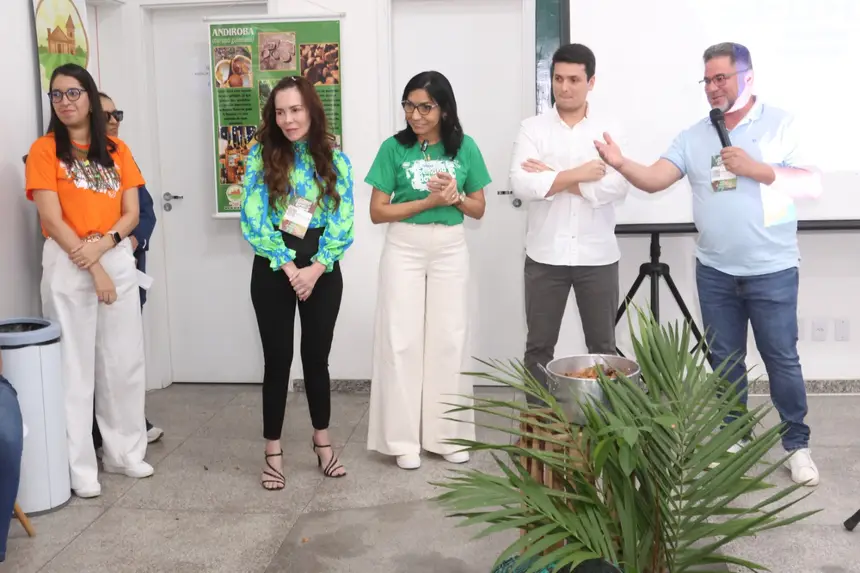
During the meeting, the deputy secretary of Setur, Lucas Vieira, shared successful experiences such as that of FortXingu, a consortium formed by ten municipalities from Xingu and Transamazon, and announced a state contribution of R$ 100,000 to support the structuring of the IGR of Belém. The funds will be allocated for the production of promotional material and the execution of joint actions among the municipalities.
“What you are doing here is of utmost importance. An IGR is a catalyst that unites various actors for the development of the region and an opportunity to showcase the diverse Amazonian experiences,” said the secretary.
Among the participating municipalities, Marituba stands out for its natural attractions, such as bathing resorts, trails, birdwatching, and cycling tourism in the conservation unit Refúgio de Vida Silvestre, in addition to rural restaurants. According to the local tourism director, David Souza, the expectation is that the new governance will bring concrete benefits. “We will be able to share experiences and structure joint actions,” he commented.
The next steps include formalizing commitments among the municipalities, defining responsibilities, structuring the legal entity, and beginning the execution of the actions outlined in the plan. The goal is to obtain recognition of the IGR from the Ministry of Tourism, which will allow the region to be included in the Brazilian Tourism Map.
Hugo Almeida emphasized that the success of the project depends on collective involvement. “The construction of an IGR begins with the engagement of municipalities, entrepreneurs, associations, and local leaders. Dialogue between municipalities is essential to define common interests and promote integrated tourism management.”
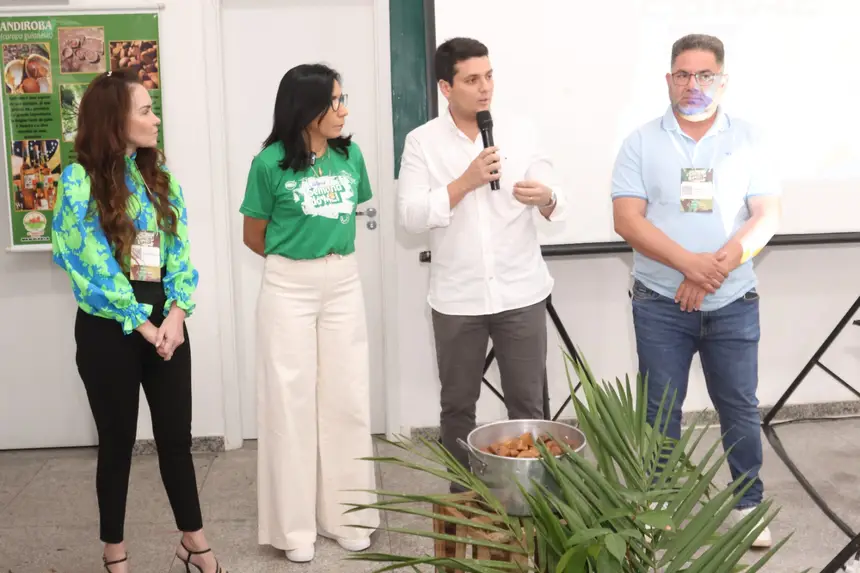
Recognition on the Tourism Map is strategic: in a few years, Pará has gone from 21 to 75 municipalities registered in the highest category of the federal program, which represents the main gateway to investments and public policies in the sector.
Cleber Gomes, state interlocutor of the PRT at Setur, highlighted Pará's prominence in the regionalization of tourism, a process that began in the state back in the 1990s. “Tourism is the result of what people do with their lives. Public policy serves to ensure it works well and brings real benefits to the local population, generating jobs, income, and improving quality of life.”
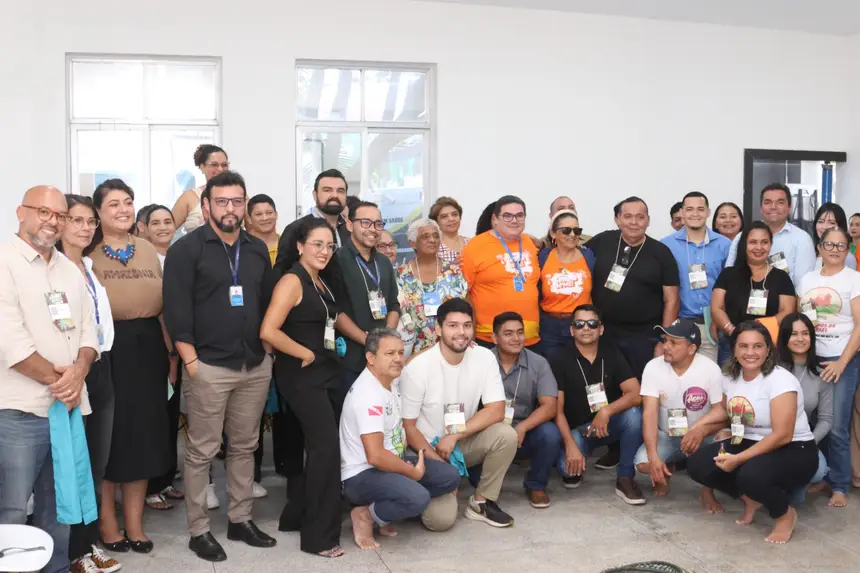
Gomes also reinforced the importance of COP 30, which will be held in Belém in 2025, as an international showcase for the state. “We have the chance to establish ourselves as the gateway to the Amazon. Our challenge now is to promote integration and collaboration among all those involved in the sector.”


